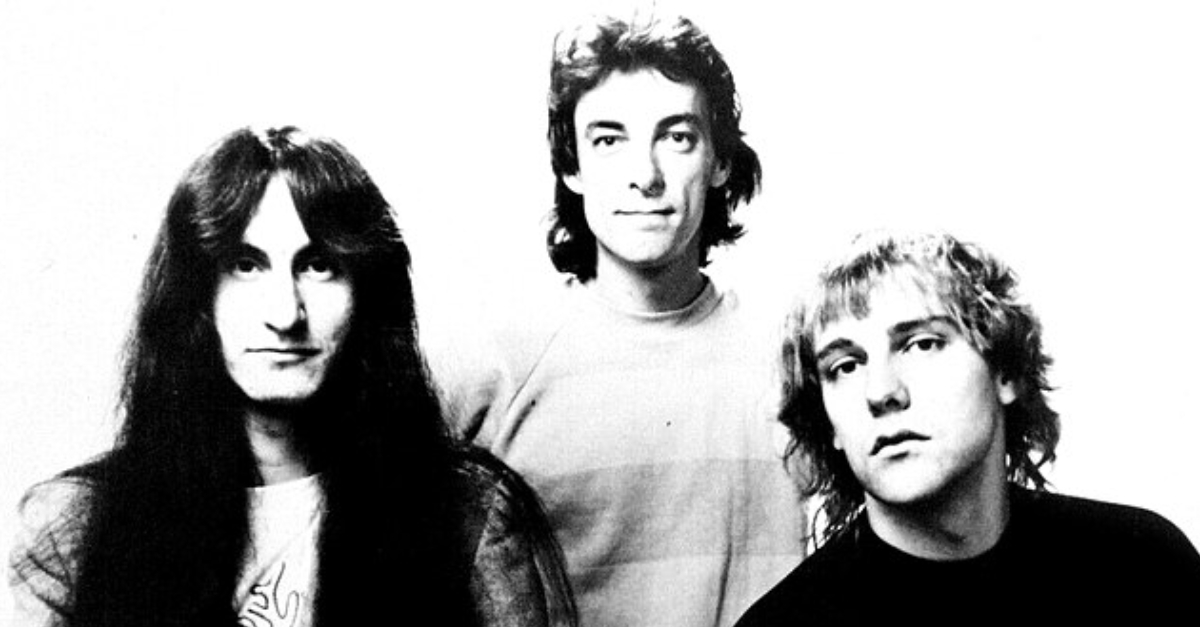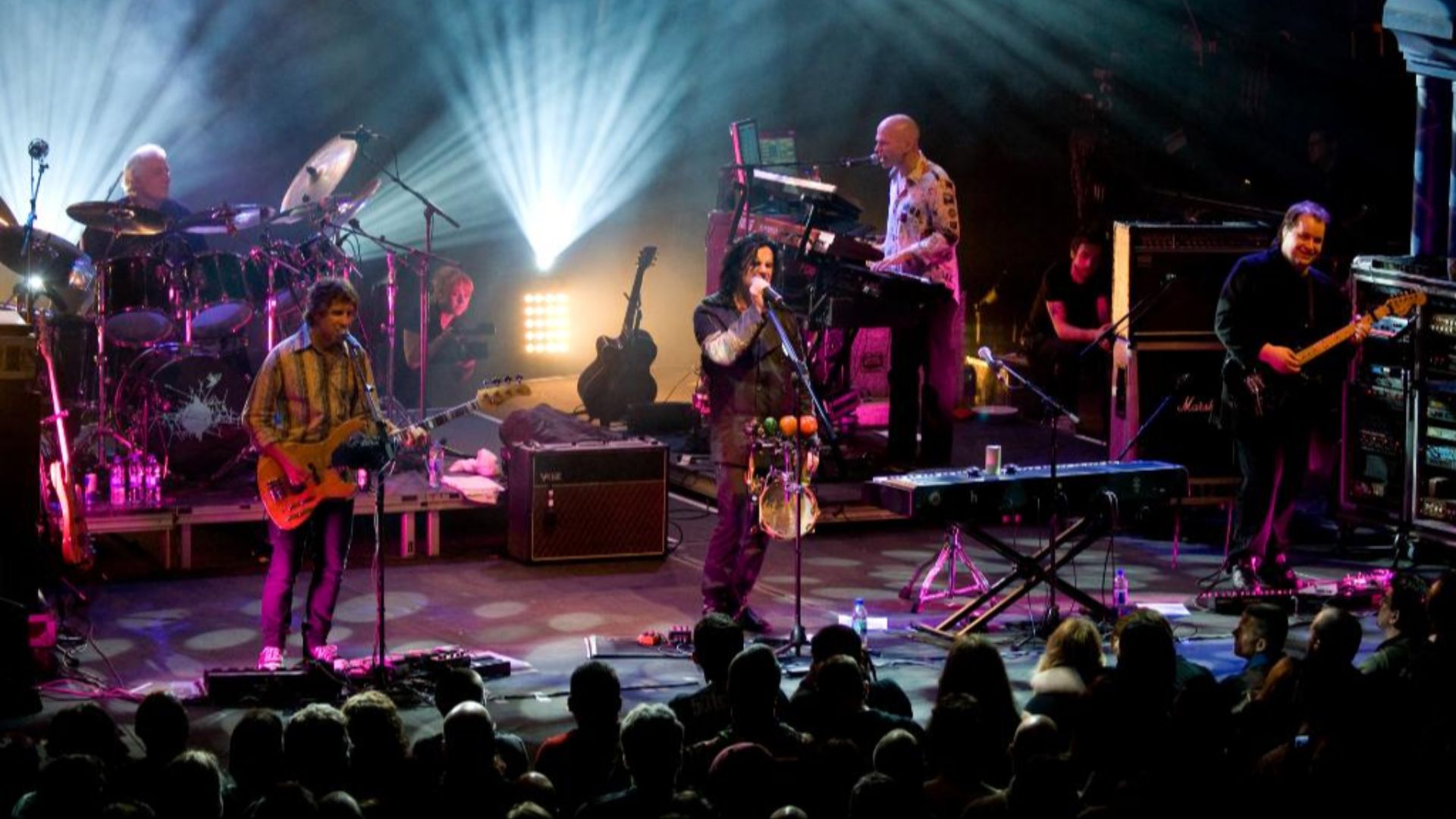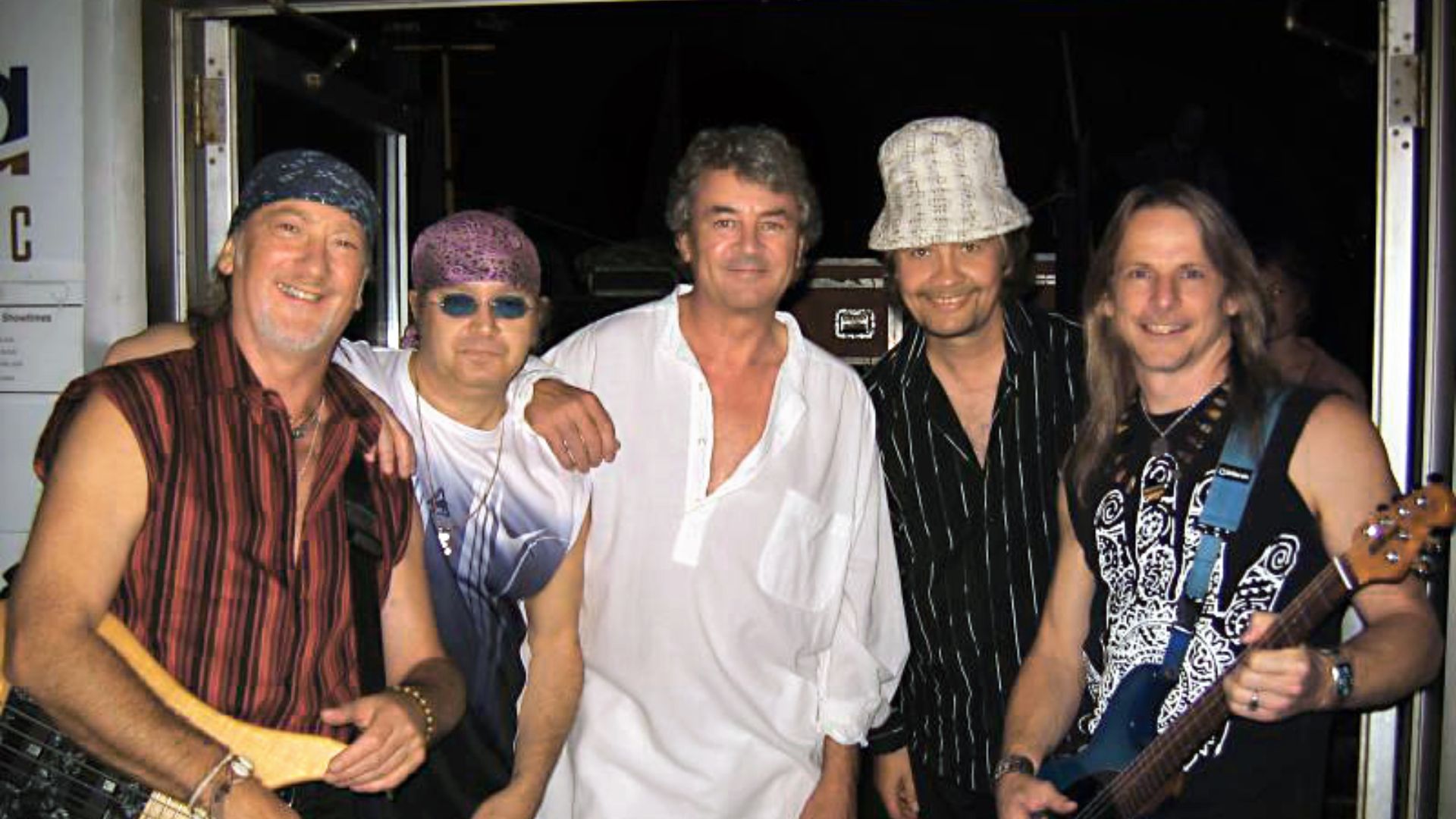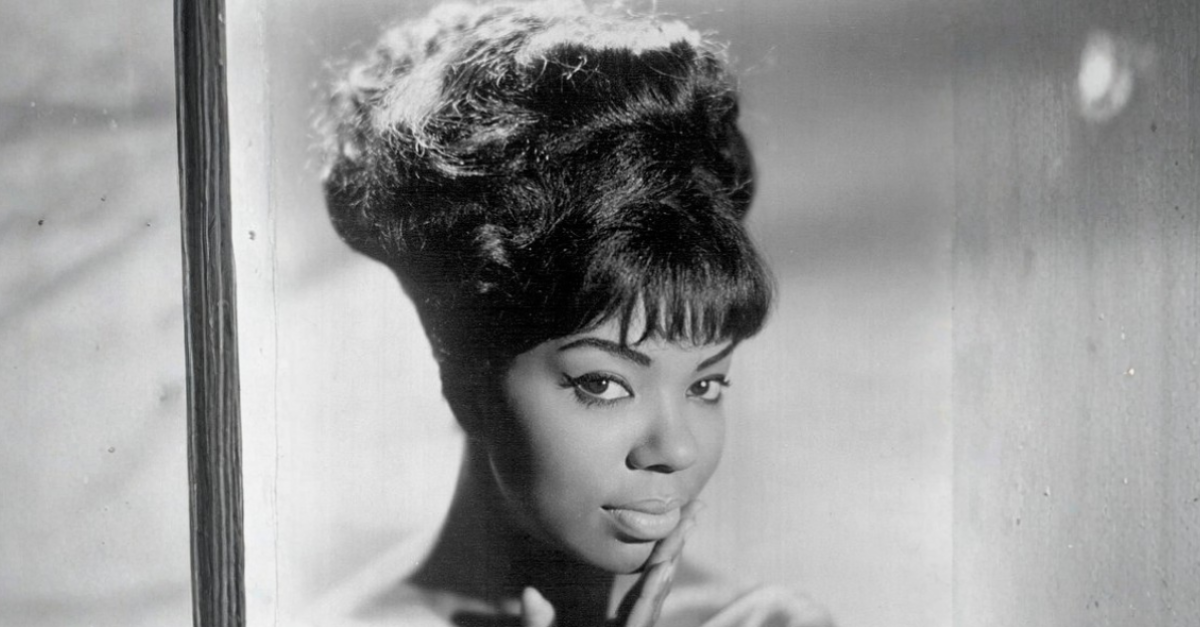Turn It Up to Eleven…Minutes (or Twenty)
Prog rock wasn’t content with three-minute love songs—it wanted twenty-minute epics about space travel, philosophy, or, you know, an armadillo-tank. Here are some of the wildest, weirdest, and most brilliant prog songs ever made. Are they the best? We think so.
Do you agree?
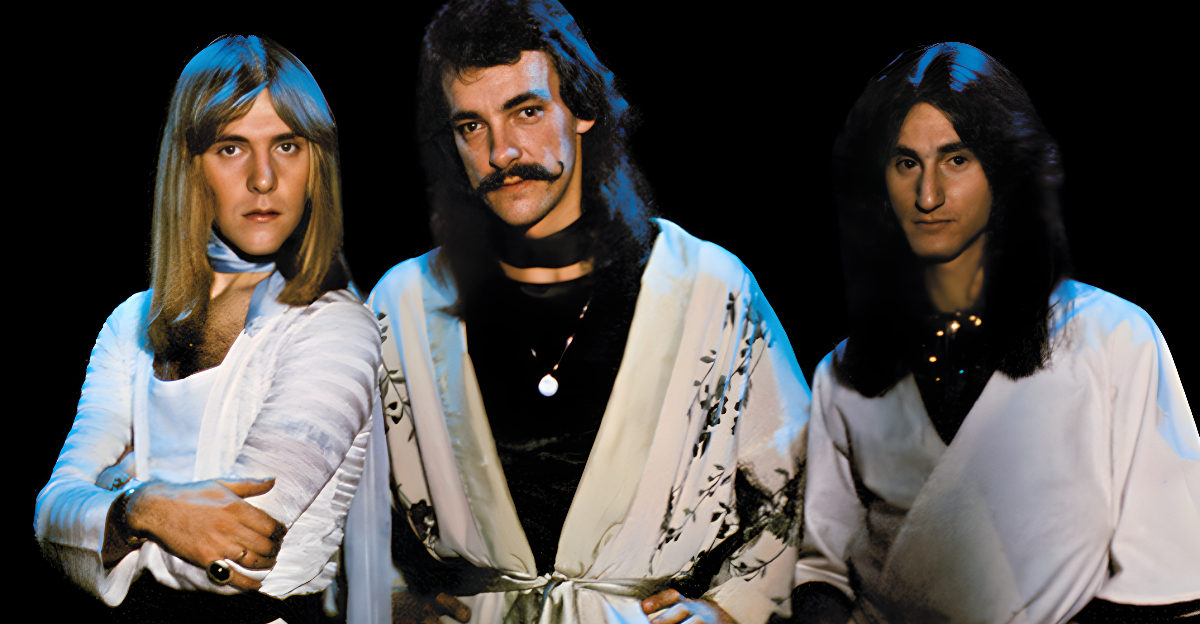 Roundabout (Yes)
Roundabout (Yes)
That opening bass riff? It’s prog’s secret handshake. Roundabout is intricate enough to impress music nerds, but catchy enough for radio. It’s the song that makes you go, “Wait…prog can actually groove?” No wonder it’s still blasting out of dorm rooms and classic rock stations alike.
 Yes - Roundabout (Live At The Apollo), Mercury Studios
Yes - Roundabout (Live At The Apollo), Mercury Studios
2112 (Rush)
Only Rush could make a 20-minute dystopian rock opera about banning music—and actually make it rock. 2112 is a rollercoaster of riffs, solos, and Neil Peart drumming like he’s got eight arms. For fans, it wasn’t just a song—it was a survival test.
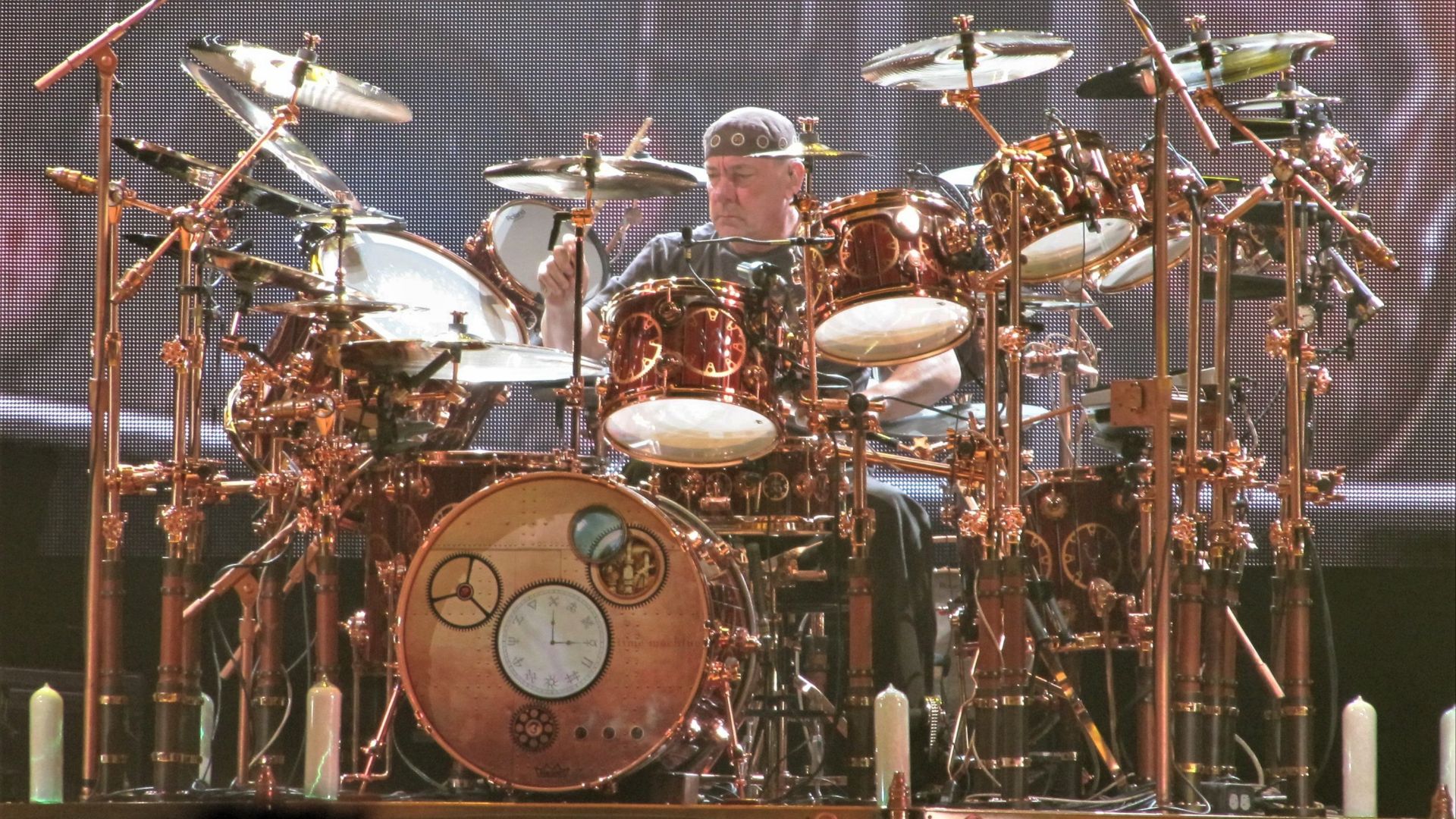 Clalansingh, Wikimedia Commons
Clalansingh, Wikimedia Commons
Karn Evil 9 (Emerson, Lake & Palmer)
“Welcome back my friends to the show that never ends”—prog’s unofficial motto. Karn Evil 9 sounds like a circus on another planet, full of synth sparks and lyrical mayhem. It’s bizarre, brilliant, and somehow makes you want to buy a trapeze.
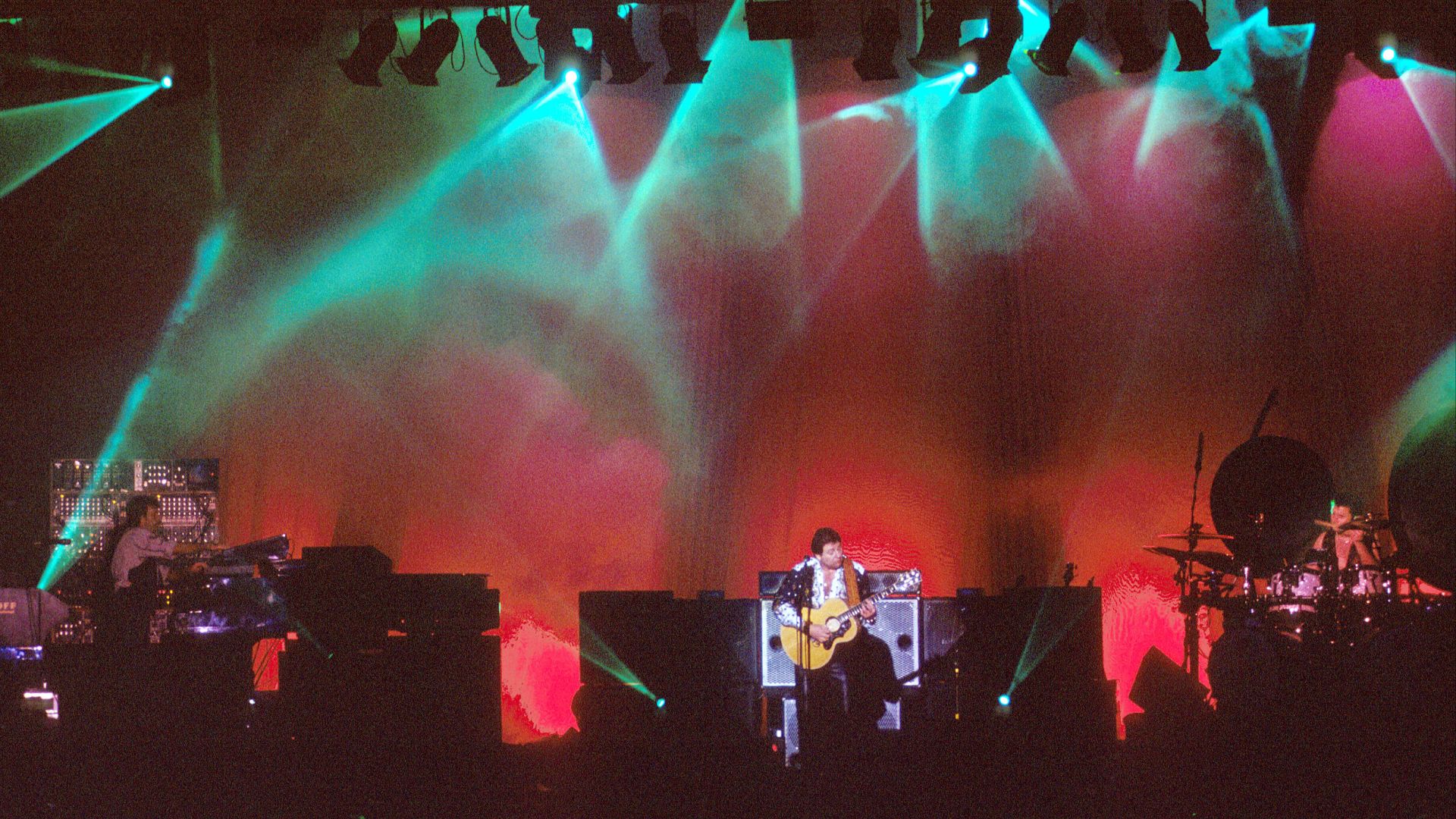 Gorupdebesanez, Wikimedia Commons
Gorupdebesanez, Wikimedia Commons
Firth of Fifth (Genesis)
Tony Banks’ piano intro belongs in a cathedral. Then Steve Hackett steps in with one of prog’s most emotional guitar solos. Firth of Fifth is proof Genesis could be tear-jerking and technically bonkers at the same time. It’s the track that makes skeptics go quiet.
 Steve Hackett - Firth Of Fifth, Rulie Arifin
Steve Hackett - Firth Of Fifth, Rulie Arifin
Close to the Edge (Yes)
Nineteen minutes, no apologies. Close to the Edge shifts from chaos to beauty like a rock symphony. Some say it’s the ultimate prog track, others say it’s just…a lot. Either way, once you’re in, you’re not leaving until Yes says so.
 Rick Dikeman, Wikimedia Commons
Rick Dikeman, Wikimedia Commons
Supper’s Ready (Genesis)
Bohemian Rhapsody wishes it had this much drama. Supper’s Ready runs 23 minutes, featuring everything from sweet folk melodies to apocalyptic madness. By the “New Jerusalem” finale, you’re either converted to prog forever—or convinced these guys should’ve been locked in a theater.
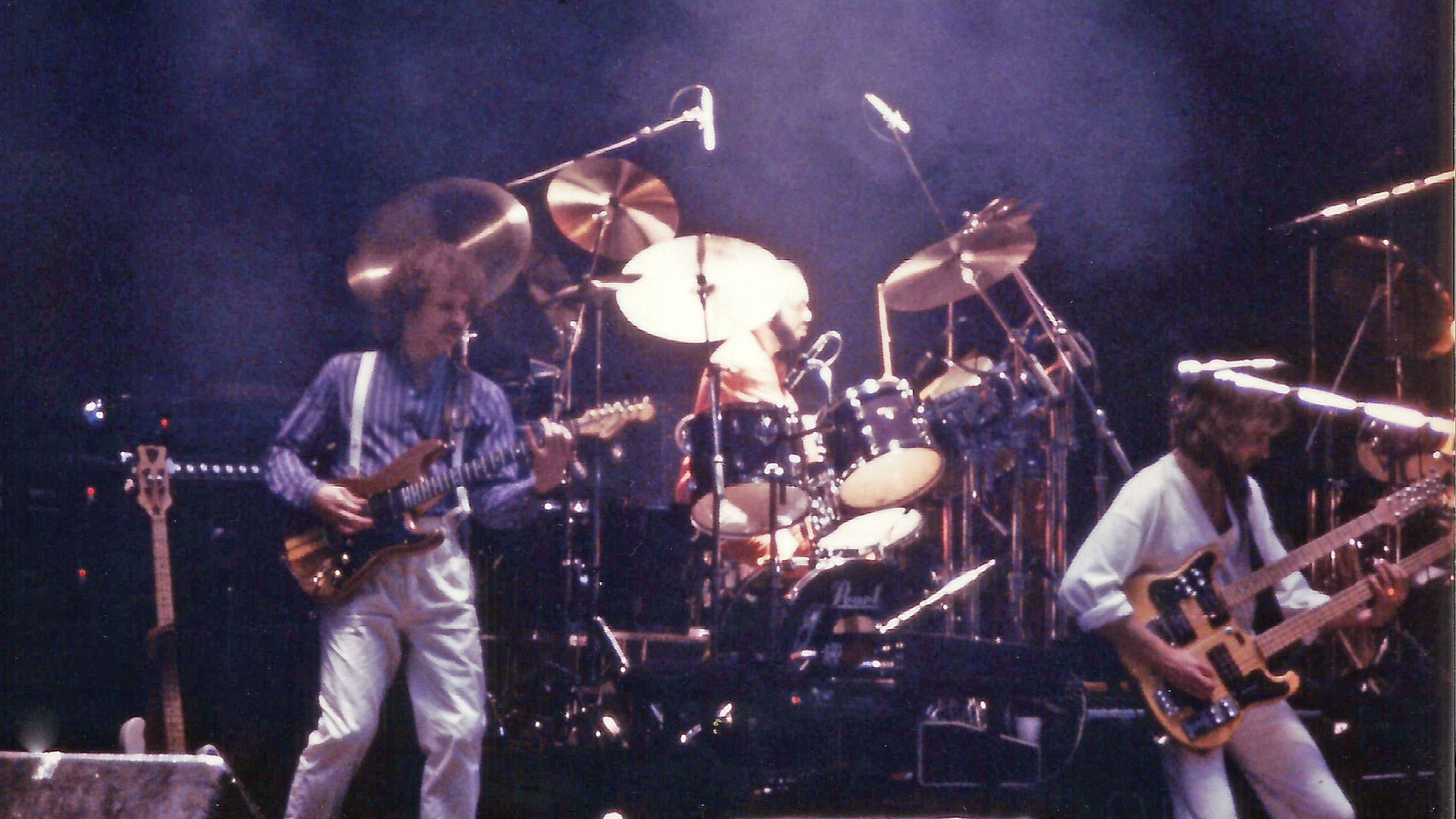 Rodhullandemu, Wikimedia Commons
Rodhullandemu, Wikimedia Commons
Starless (King Crimson)
Starless starts fragile, almost whispering—and then builds into a tidal wave of sound. Robert Fripp’s guitar goes from lullaby to monster while the band detonates behind him. It’s prog with feelings, ending in one of rock’s most glorious implosions.
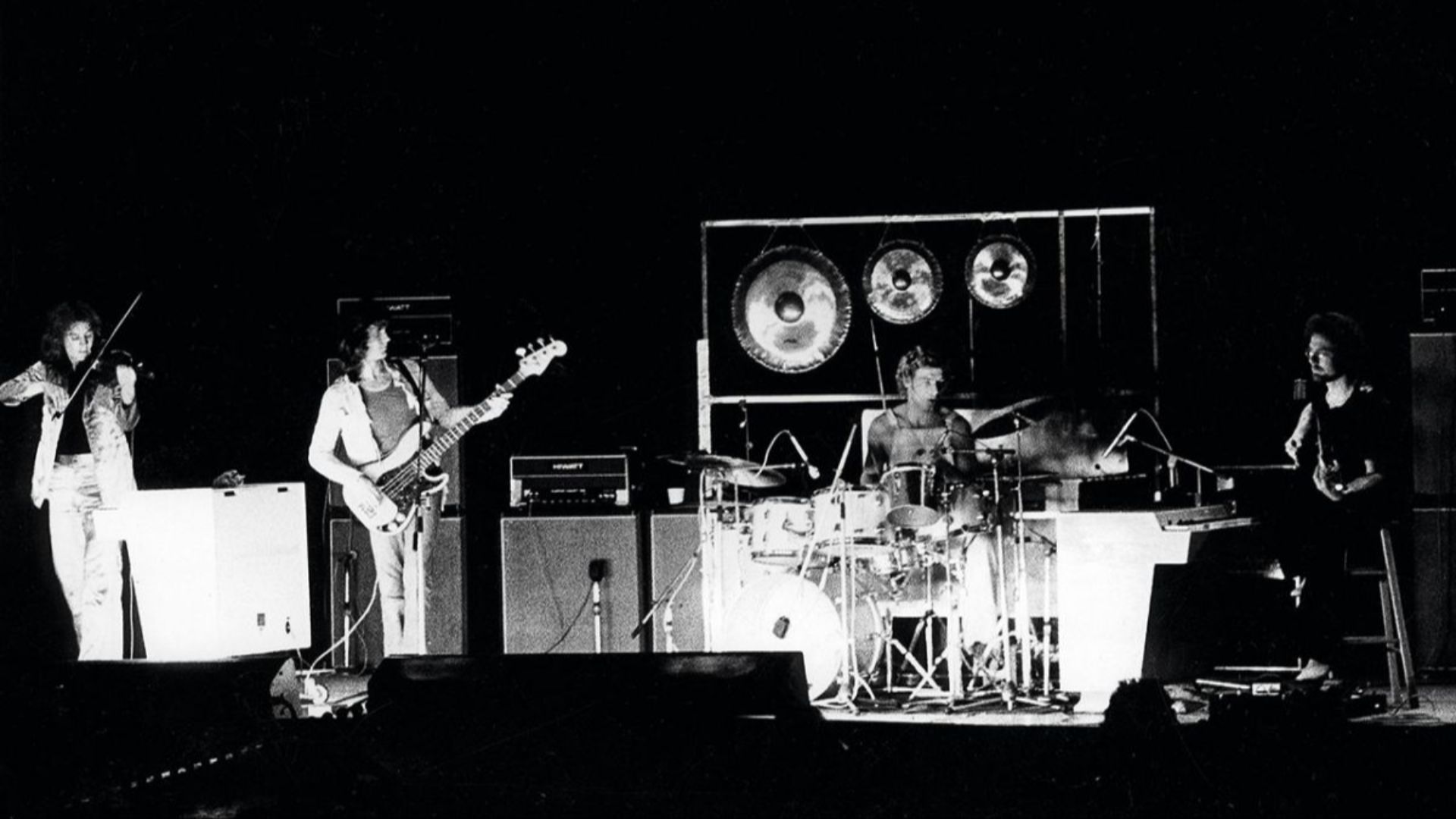 Unknown authorUnknown author, Wikimedia Commons
Unknown authorUnknown author, Wikimedia Commons
Thick as a Brick (Jethro Tull)
Only Ian Anderson would parody prog by making the most prog album ever. One song across both LP sides, flutes galore, tempo shifts that break calculators—Thick as a Brick was meant as satire. Joke’s on us: it’s brilliant.
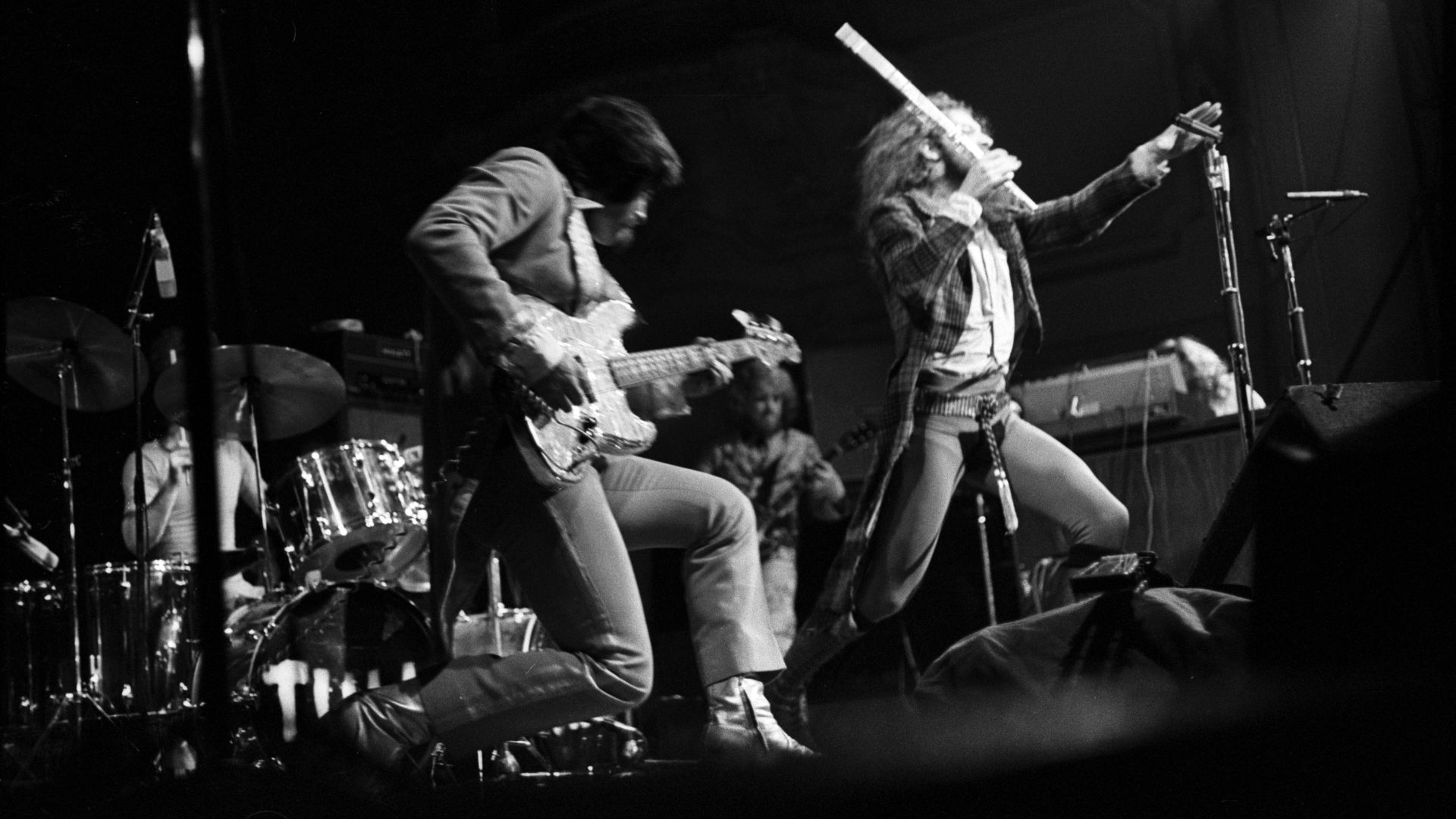 Heinrich Klaffs, Wikimedia Commons
Heinrich Klaffs, Wikimedia Commons
Echoes (Pink Floyd)
The ping. You know it. Echoes is 23 minutes of cosmic drift, complete with whale-guitars and trippy choirs. It’s Floyd stretching out before Dark Side made them superstars. Best heard loud, horizontal, and maybe staring at your ceiling for maximum effect.
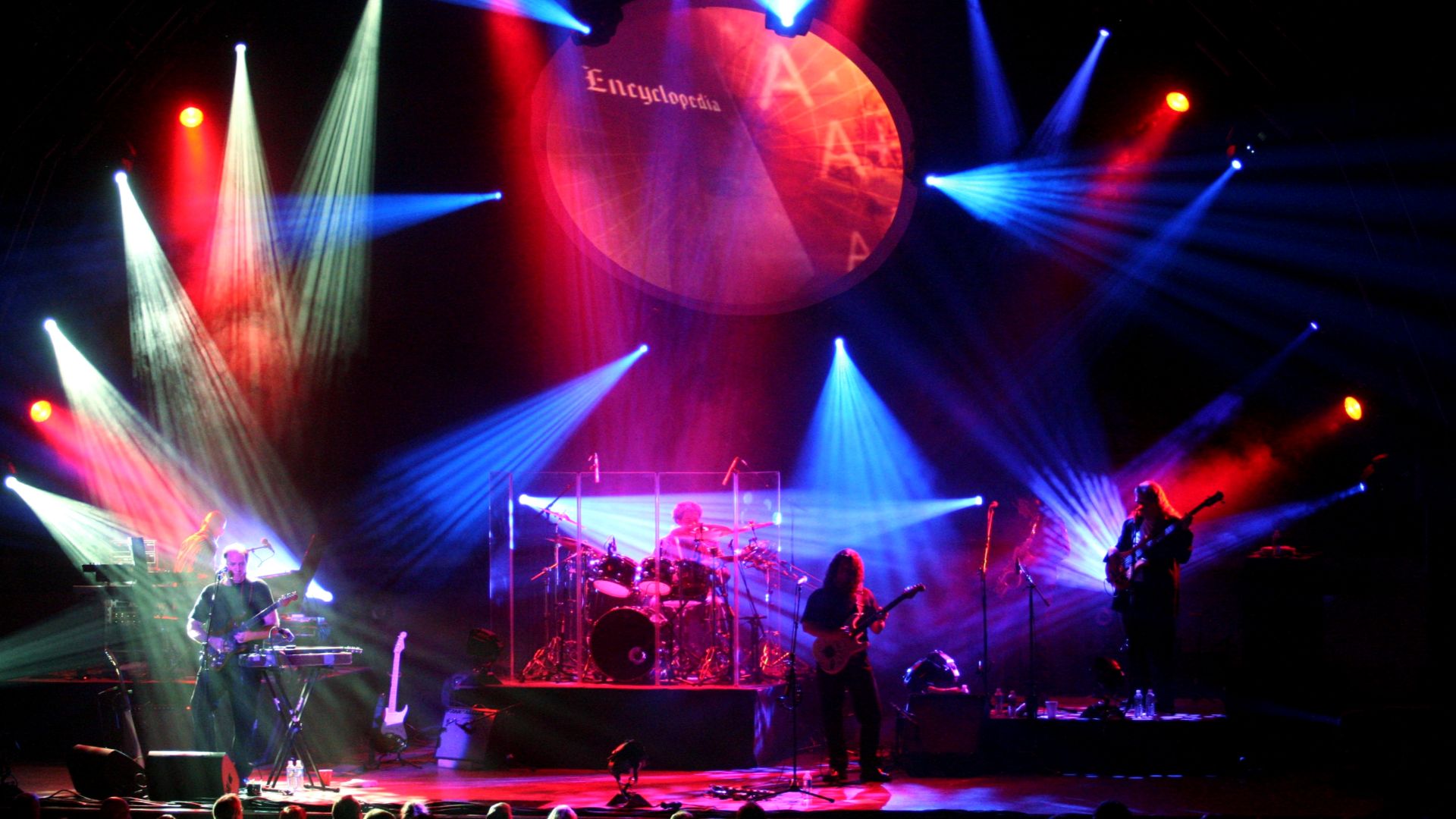 Craig ONeal, Wikimedia Commons
Craig ONeal, Wikimedia Commons
The Court of the Crimson King (King Crimson)
This track basically invented prog in 1969. Mellotron storms, Greg Lake’s dramatic vocals, and a vibe that said, “rock can be as big as Beethoven.” The Court of the Crimson King wasn’t just a song—it was a declaration of war on radio singles.
 Masahiro TAKAGI, Wikimedia Commons
Masahiro TAKAGI, Wikimedia Commons
Aqualung (Jethro Tull)
If Thick as a Brick was a troll, Aqualung was Tull’s punch to the gut. Heavy riffs, flute solos (because, of course), and lyrics that made English teachers smile—it’s both gritty and highbrow. Somehow, Ian Anderson made sneering at society sound like a sing-along.
Dogs (Pink Floyd)
Seventeen minutes of corporate takedown, sharpened by some of Gilmour’s best solos. Dogs growls through betrayal and greed, basically turning your terrible boss into a rock villain. By the end, you don’t know whether to rage or applaud.
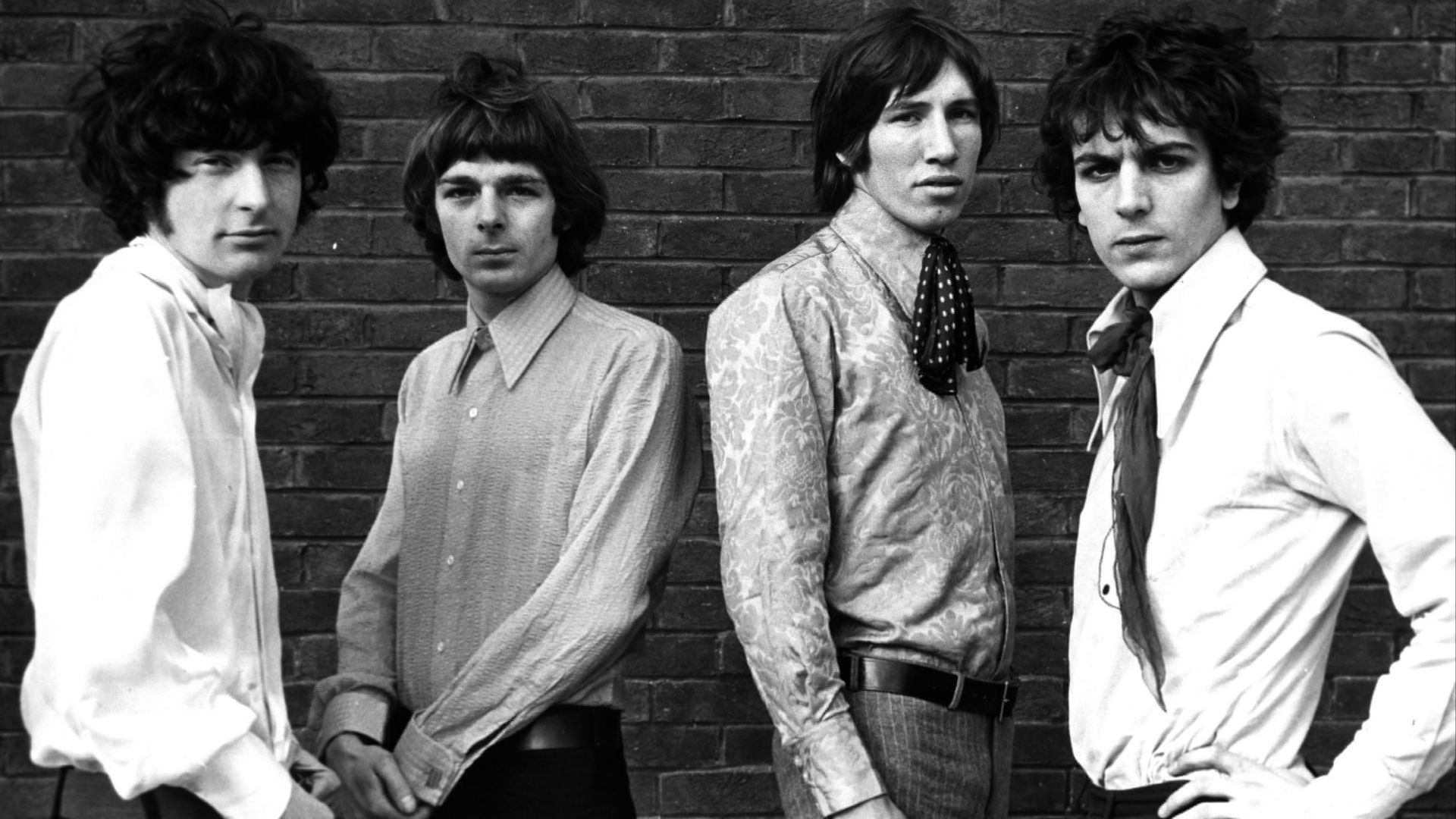 Dcameron814, Wikimedia Commons
Dcameron814, Wikimedia Commons
The Gates of Delirium (Yes)
What happens when a prog band sets War and Peace to music? You get The Gates of Delirium. It’s chaotic, clashing, and eventually melts into “Soon,” one of Jon Anderson’s most gorgeous vocal passages. Yes at their wildest and weirdest.
Watcher of the Skies (Genesis)
That Mellotron intro sounds like first contact with aliens. Then Peter Gabriel starts narrating as if he’s been appointed ambassador to Mars. Watcher of the Skies is space-prog drama at its finest—and a live favorite for Gabriel-era Genesis.
 Genesis - Supper's Ready live HQ (Genesis Archive), Raimon Colmenares
Genesis - Supper's Ready live HQ (Genesis Archive), Raimon Colmenares
Cygnus X-1 (Rush)
Plot: man meets black hole. Result: Rush going full sci-fi shred. Cygnus X-1 crams in odd time signatures, furious bass, and Geddy Lee shrieking like a physics lecture from another galaxy. Nerdy? Absolutely. Epic? Without question.
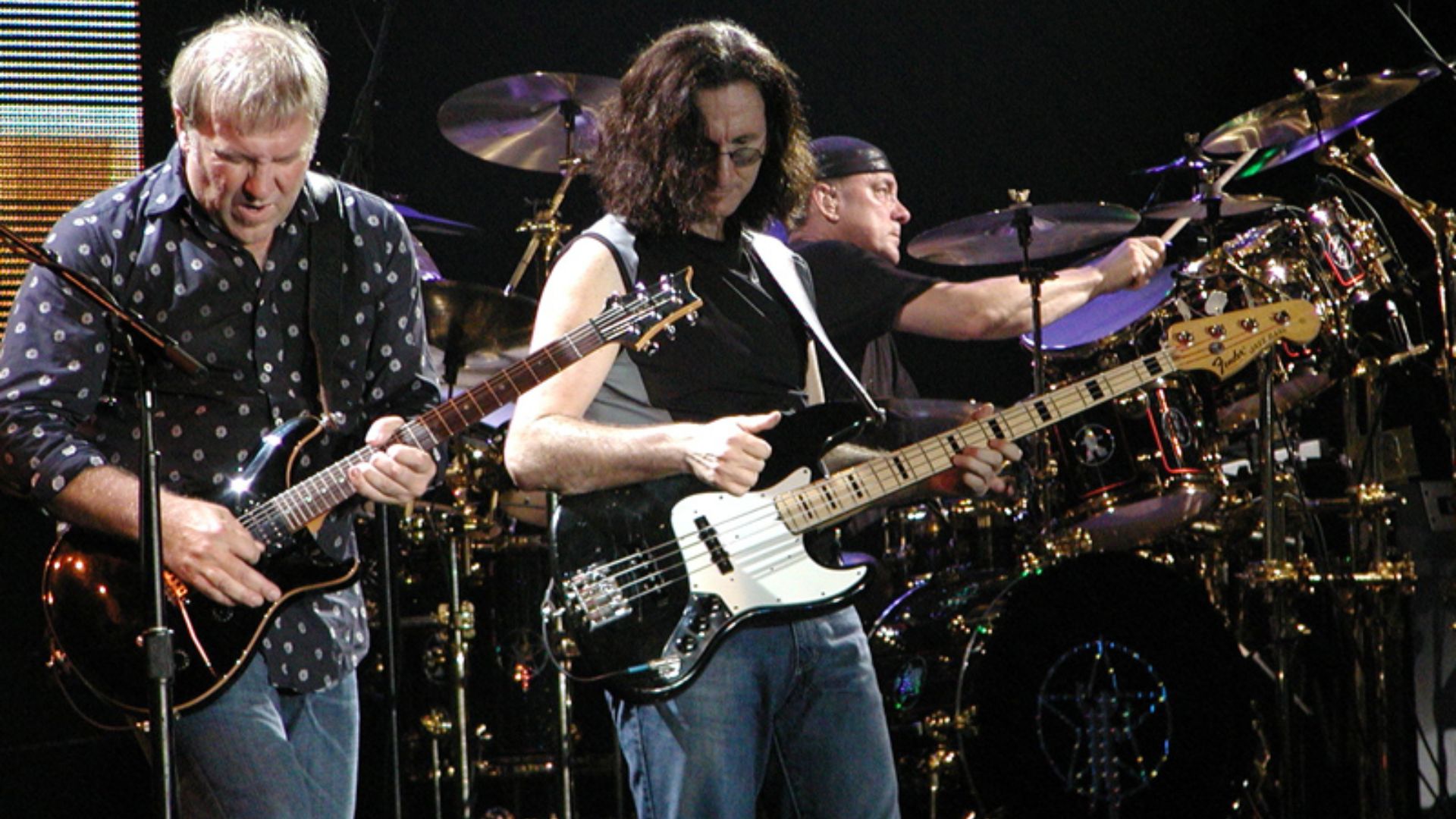 Enrico Frangi, Wikimedia Commons
Enrico Frangi, Wikimedia Commons
Locomotive Breath (Jethro Tull)
Starts like a gentle piano ballad, then turns into a runaway train. Locomotive Breath chugs forward with snarling riffs and flute blasts, proving prog didn’t always need 20 minutes to make a statement. Short, sharp, and still unmistakably Tull.
 Jethro Tull - Locomotive Breath (Rockpop In Concert 10.7.1982), Jethro Tull
Jethro Tull - Locomotive Breath (Rockpop In Concert 10.7.1982), Jethro Tull
Schism (Tool)
Prog didn’t die—it just put on tattoos. Schism is dark, heavy, and hypnotic, packed with rhythms you can’t count without advanced math. Danny Carey’s drumming could power a spaceship, while Maynard James Keenan turns cryptic lyrics into modern prog poetry.
 TOOL - Schism (Official Video), Tool
TOOL - Schism (Official Video), Tool
La Villa Strangiato (Rush)
Rush dubbed it “an exercise in self-indulgence.” Fans called it prog perfection. Nine minutes, zero vocals, and time signatures that bend reality—La Villa Strangiato feels like a jam session on steroids. Proof that three guys could sound like a galaxy.
 Matt Becker www.melodicrockconcerts.com [email protected], Wikimedia Commons
Matt Becker www.melodicrockconcerts.com [email protected], Wikimedia Commons
Tarkus (Emerson, Lake & Palmer)
Half an hour about an armadillo-tank fighting through history? Sure, why not. Tarkus is bombastic, ridiculous, and jaw-dropping. You’ll laugh at the concept, then headbang at the execution. It’s prog embracing its own weirdness—and winning.
 Gorupdebesanez, Wikimedia Commons
Gorupdebesanez, Wikimedia Commons
Shine On You Crazy Diamond (Pink Floyd)
Nine parts, half an album, and dripping with heartbreak. Shine On is Floyd’s tribute to Syd Barrett, with David Gilmour’s guitar practically weeping. It’s prog without ego—just pure emotion stretched across endless skies.
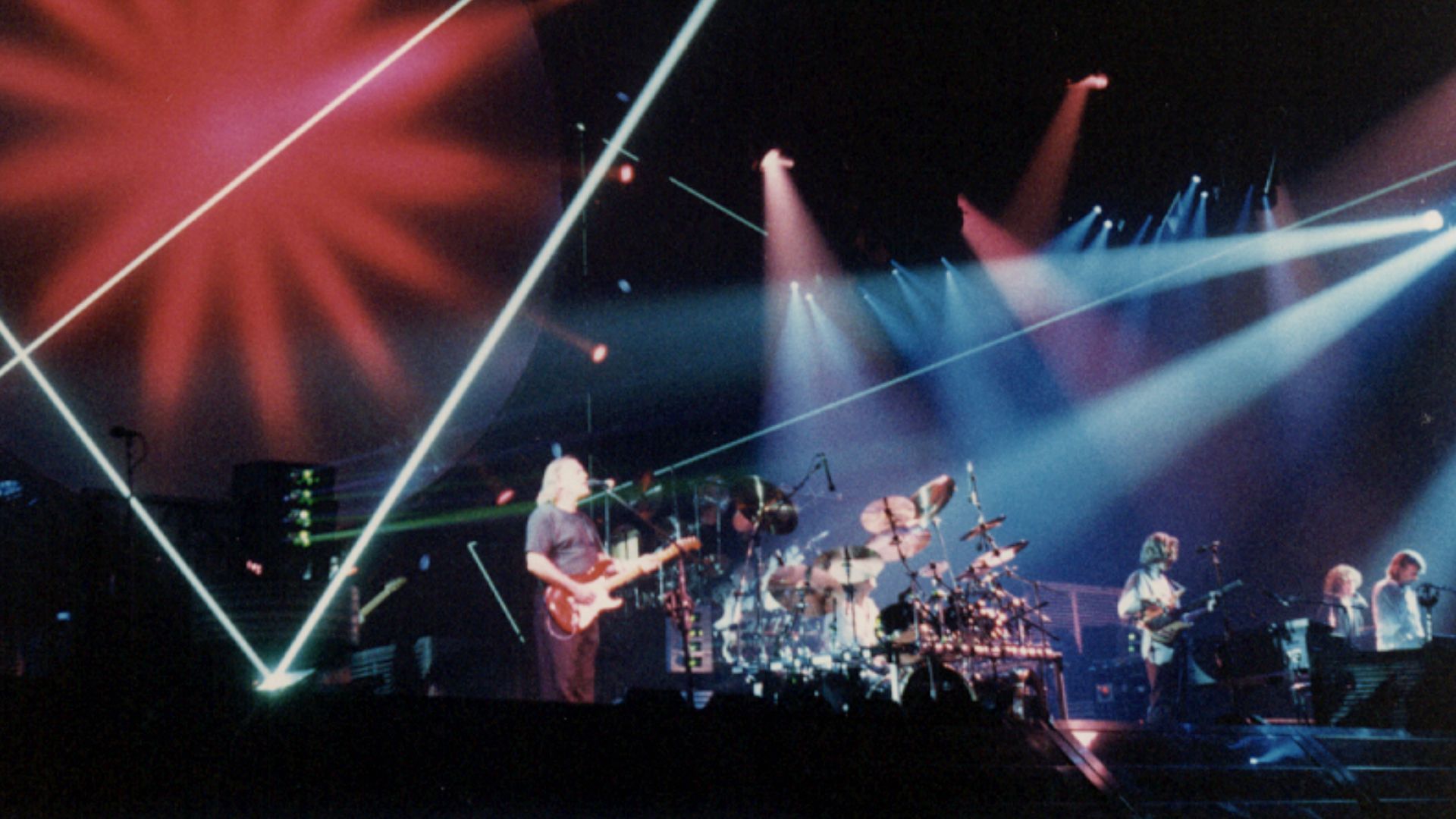 Paul Carless, Wikimedia Commons
Paul Carless, Wikimedia Commons
Lady Fantasy (Camel)
Camel never broke into stadiums, but Lady Fantasy is prog fan gold. Melodic guitar lines, mood shifts, and an emotional punch that sneaks up on you. It’s the hidden gem that makes new listeners go, “Why didn’t anyone tell me about Camel?”
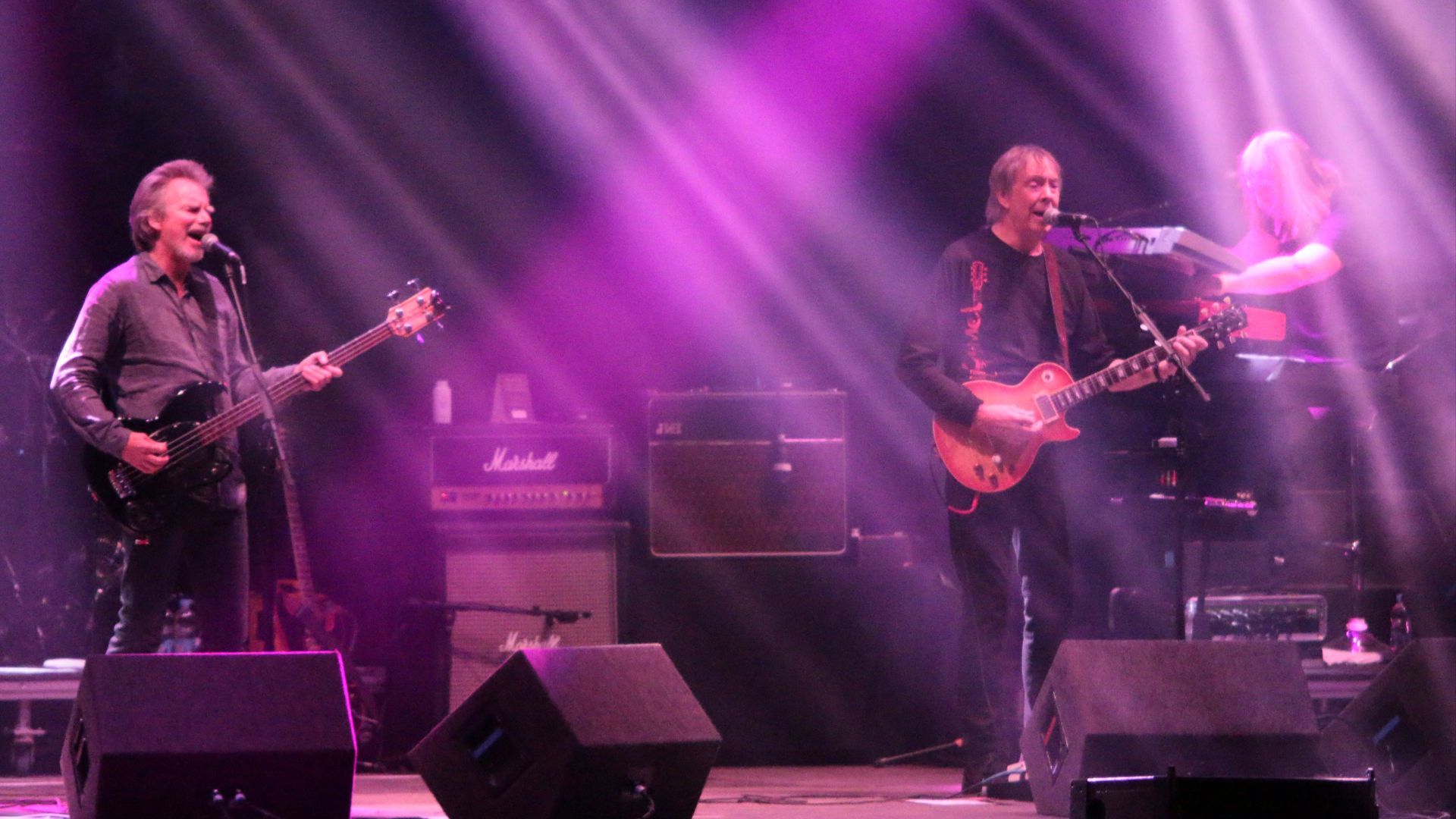 kitmasterbloke, Wikimedia Commons
kitmasterbloke, Wikimedia Commons
Free Hand (Gentle Giant)
Gentle Giant were the puzzle masters of prog. Free Hand is packed with counterpoint vocals, funky rhythms, and medieval flourishes. It’s clever, weird, and somehow still catchy—like math class if math class rocked.
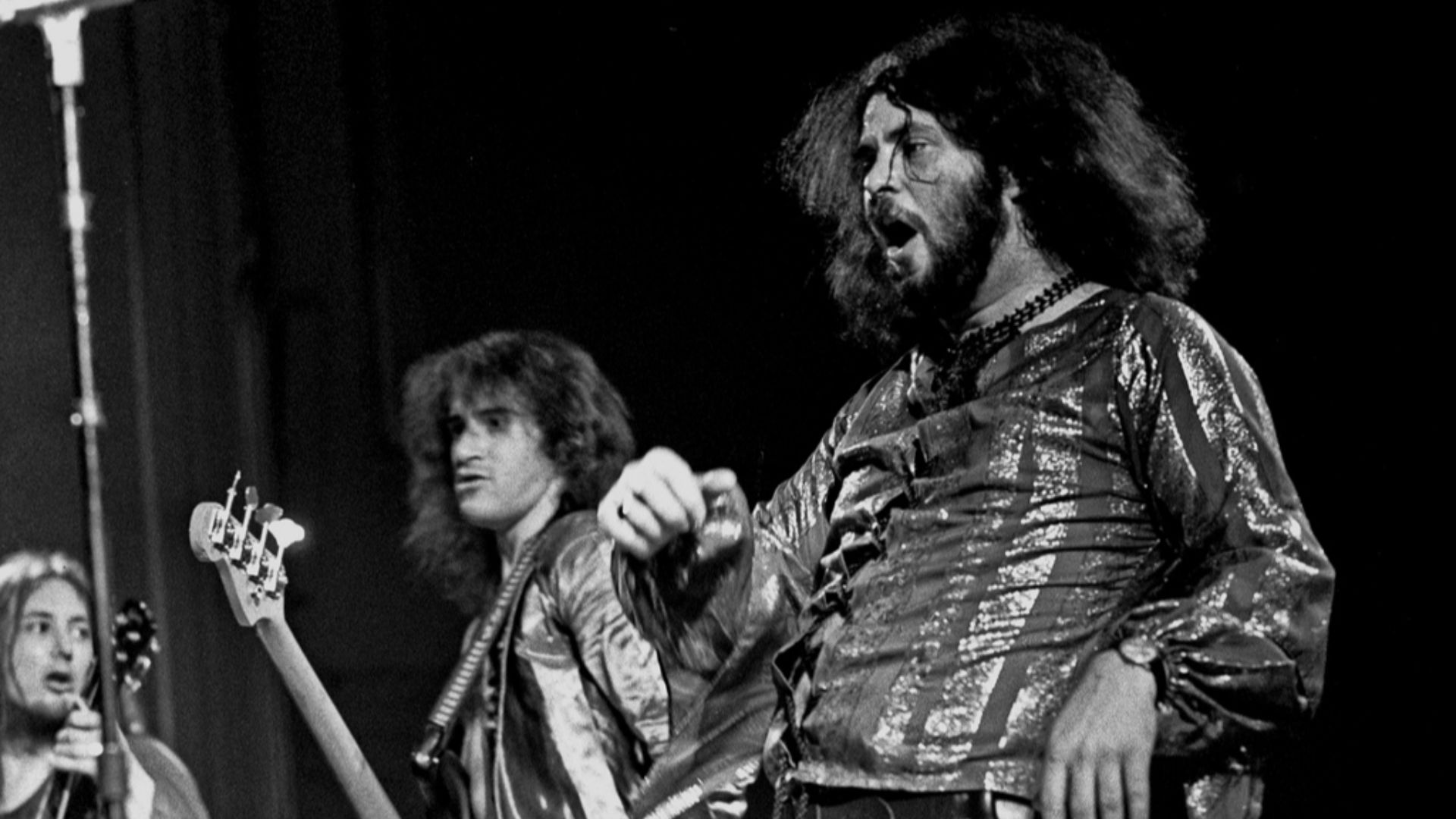 Heinrich Klaffs, Wikimedia Commons
Heinrich Klaffs, Wikimedia Commons
Script for a Jester’s Tear (Marillion)
The ’80s didn’t kill prog—they gave us Marillion. Script for a Jester’s Tear is full of Fish’s theatrical vocals, dramatic storytelling, and lush instrumentation. Proof that prog could survive punk, disco, and MTV by leaning into raw emotion.
Carry On Wayward Son (Kansas)
Classic rock staple? Sure. But Carry On Wayward Son has that good ol' prog DNA all over it: shifting dynamics, layered harmonies, and spiritual lyrics. It’s prog-lite that went mainstream—making Kansas the band that smuggled prog into radio playlists.
 Kansas - Carry On Wayward Son (Live from Canada Jam), Kansas
Kansas - Carry On Wayward Son (Live from Canada Jam), Kansas
April (Deep Purple)
Before Smoke on the Water, there was April. A 12-minute epic mixing rock riffs and orchestral passages, it showed Purple’s prog ambitions before they leaned fully metal. It’s a reminder that even proto-metal giants had symphonic dreams.
The Sleepwalkers (Van der Graaf Generator)
Peter Hammill’s vocals aren’t subtle—they’re theatrical chaos. The Sleepwalkers swings between beauty and madness, with saxophones blasting like alarms. It’s prog for those who like things darker, stranger, and unapologetically dramatic.
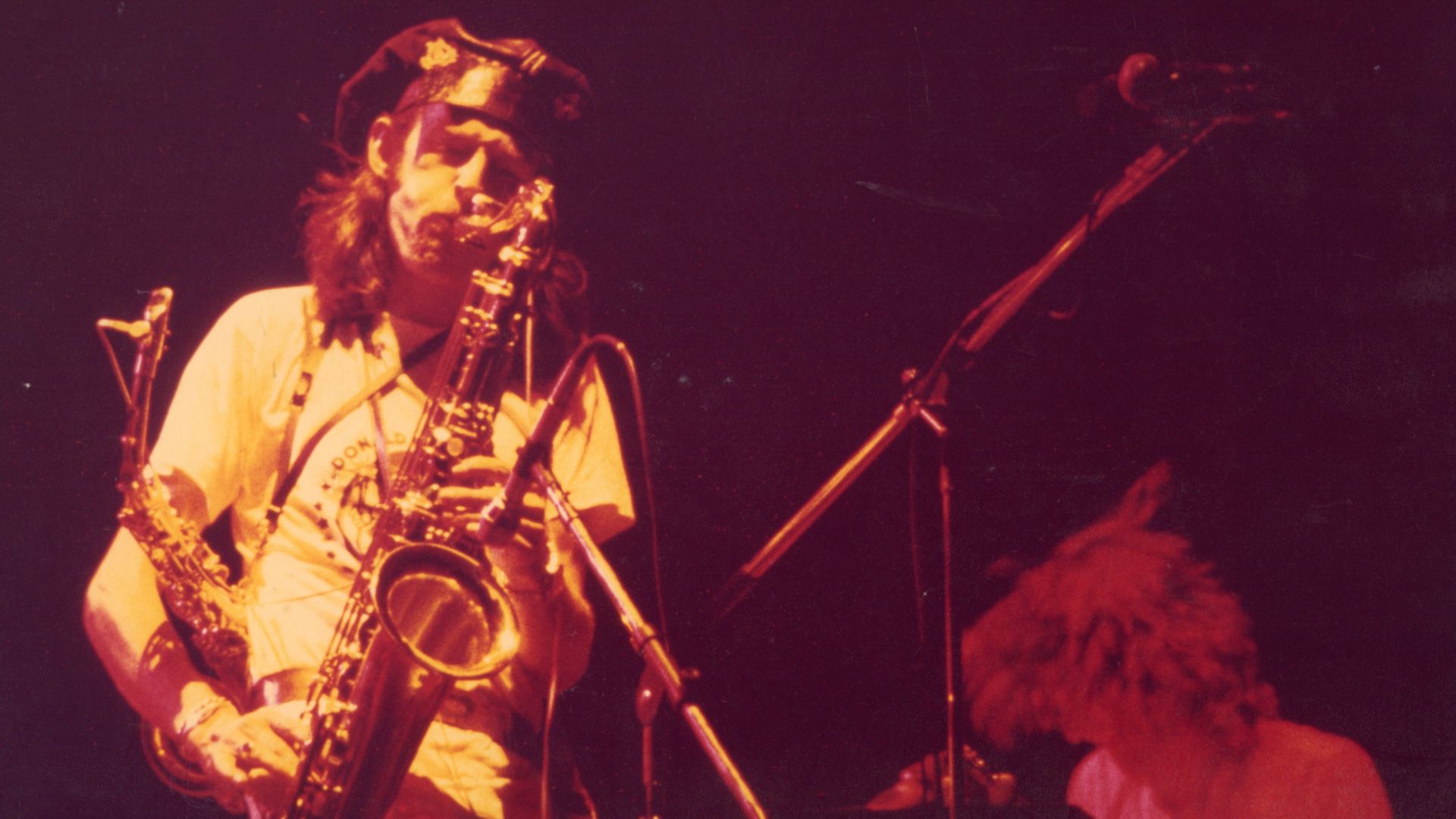 R.G. Daniel from Canada, Wikimedia Commons
R.G. Daniel from Canada, Wikimedia Commons
Arriving Somewhere but Not Here (Porcupine Tree)
Modern prog at its most cinematic. Arriving Somewhere but Not Here is hypnotic, heavy, and layered with Steven Wilson’s atmosphere magic. At nearly 13 minutes, it feels like getting lost in a dream you’re not ready to wake up from.
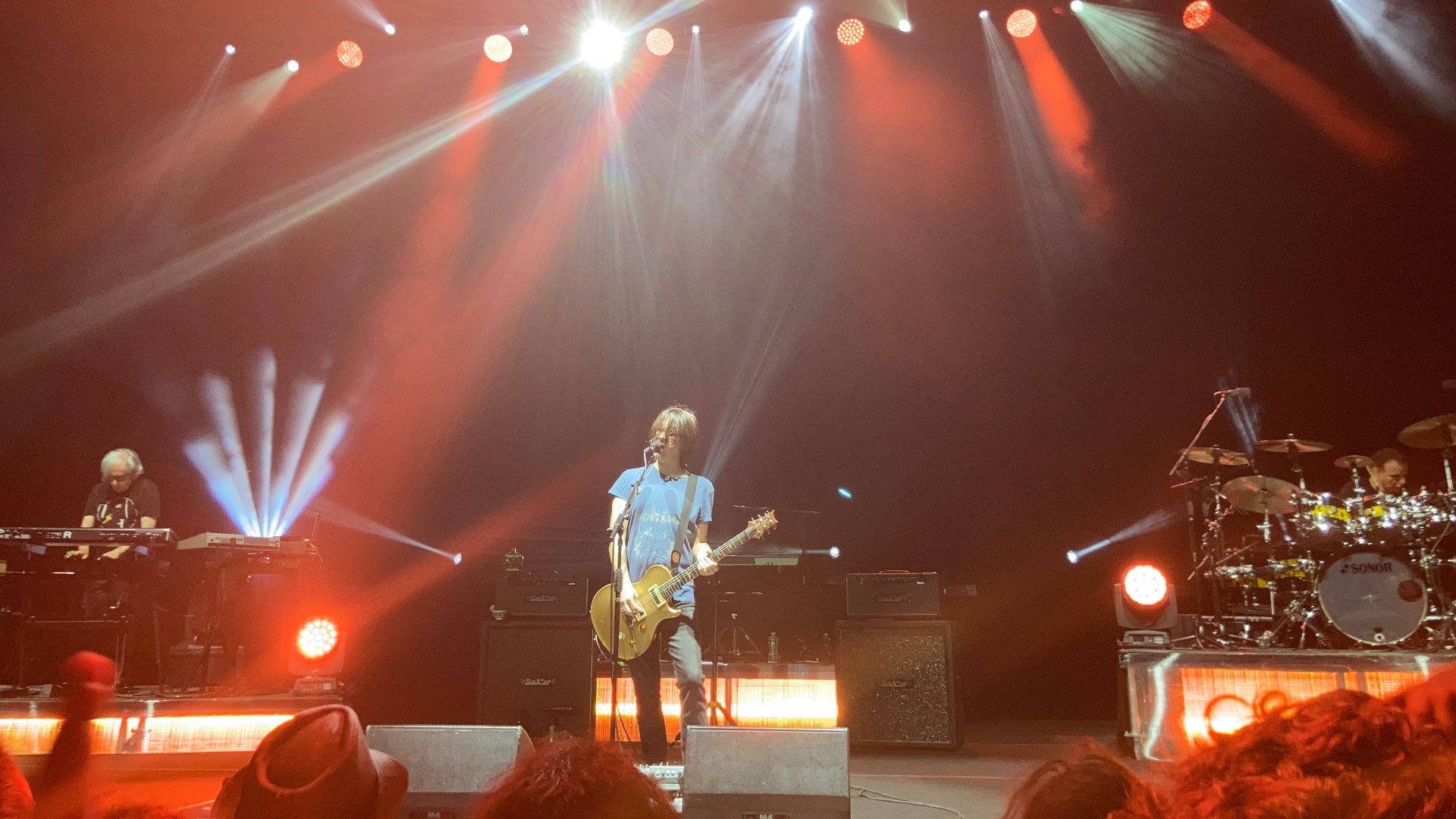 Luca Dell'Orto, Wikimedia Commons
Luca Dell'Orto, Wikimedia Commons
Heart of the Sunrise (Yes)
Yes at their most majestic. Heart of the Sunrise flips from thunderous riffs to delicate passages, showing the band’s full range. Chris Squire’s bass dominates, and Jon Anderson soars over it all. A fan favorite for a reason.
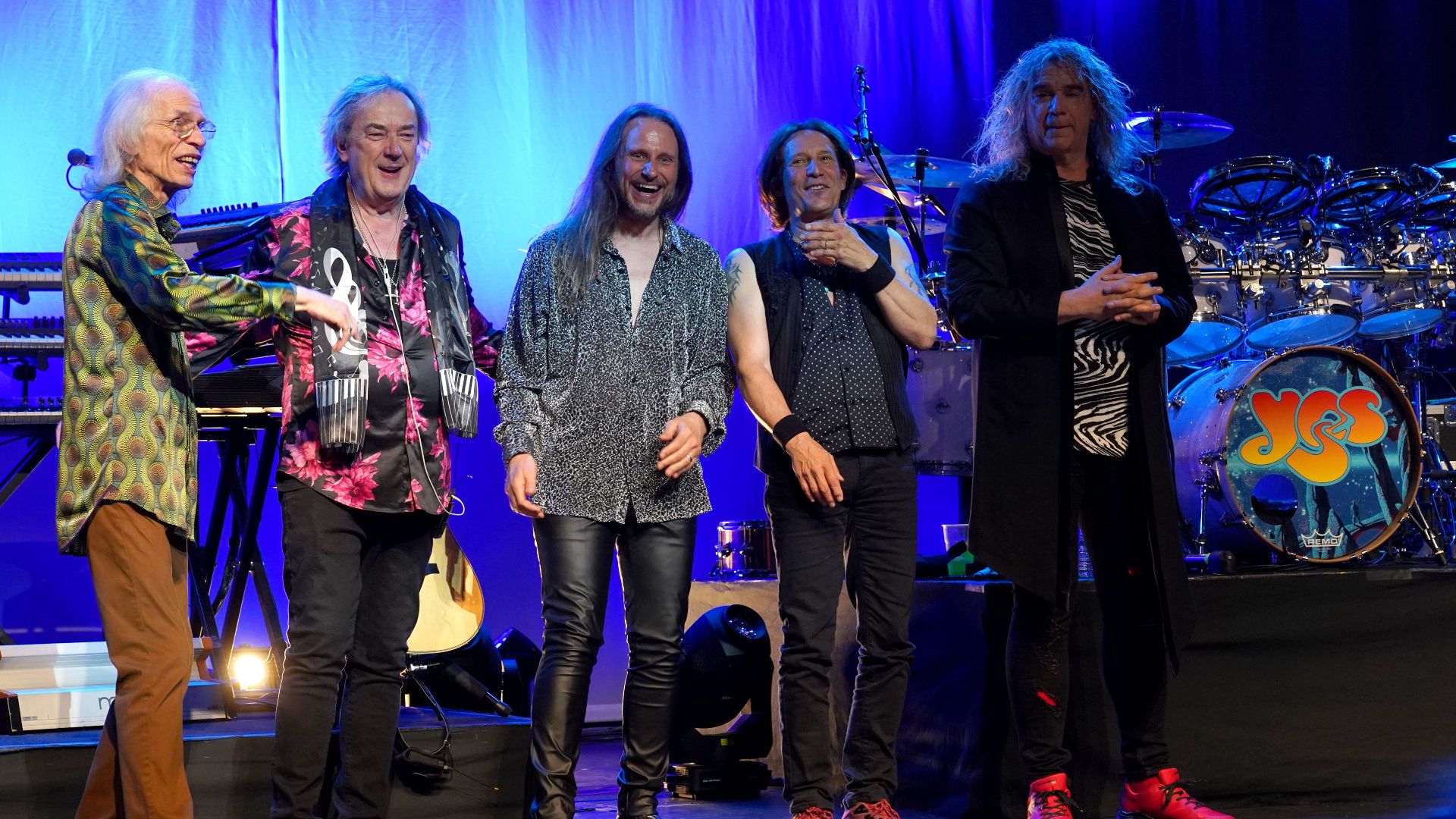 Steve Knight from Halstead, United Kingdom, Wikimedia Commons
Steve Knight from Halstead, United Kingdom, Wikimedia Commons
Living in the Past (Jethro Tull)
How many bands chart a hit in 5/4 time? Living in the Past proves prog could sneak onto the radio when it wanted to. Quirky rhythms, dancing flutes, and a melody that still charms—Tull made weird time signatures fun
 Jethro Tull - Living In The Past (Supersonic, 27.03.1976), Jethro Tull
Jethro Tull - Living In The Past (Supersonic, 27.03.1976), Jethro Tull
You Might Also Like:
The Most Haunting Songs Ever Recorded

